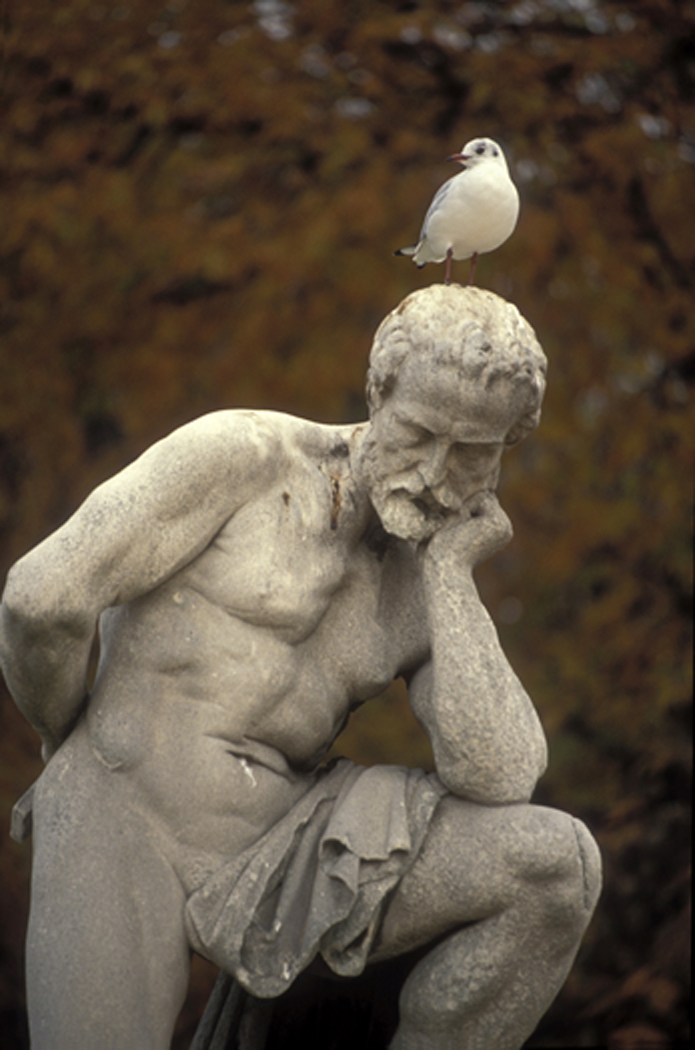Critical reflection
The introductory reflection module presented Hatton and Smith’s four levels of reflective writing: descriptive, descriptive reflective; dialogic reflection and critical reflection. The Guided Reflective Writing task in the introductory module also provided you with an opportunity to commence developing your own skills in reflective writing. This was aimed at developing skills at the first three levels.
Now we can look more closely at the fourth level, critical reflection. Paul (1990, p. 32) defines critical thinking as ‘the art of thinking about your thinking (also known as metacognition).
Thorpe (2004) explains that critical reflectors can change their position on an issue as a result of questioning the beliefs and values behind their actions. 'They adopt a new perspective regarding a concept or situation, which shows learning’ (Thorpe 2004, p.337)
The Ethics Journal by Kim Lee provides a number of examples of a learner being able to ‘step back’ from actions and view the values or assumptions that underpin them. The author demonstrates a capacity to acknowledge alternative perspectives to her own. She was able to describe her own current sets of beliefs and assumptions and was able to review those assumptions and make changes for the future.
A key feature of critical reflection is that it occurs over time. Time allows the learner to revisit their initial written thoughts and feelings and to reflect further on their written words. It provides the ‘space’ for deeper thought and allows for some ‘distance’ to reduce some of the emotional intensity of an initial response. Such a distance can then allow the learner to ‘see’ things that may have been obscured in the heat of writing an initial reflection. As critical reflective practice is not simply a once-off, circular process, it requires thinking time before further reflection.
You may like to use this thinking time to:
- recognise assumptions that we have made about people or situations, for example making assumptions about a person based on rumour rather than judging for ourselves
- question and challenge familiar situations by incorporating recent research in your profession
- listen to the views of others to test out whether they share your perception of an event or situation
- take a wider view so you can see events from a long-term perspective and identify patterns and assumptions you hold (Moon 2004).
As a student at UniSA you are also encouraged to explore the literature relevant to the context being reflected upon. What insights can you gain from theories and models in the literature?
Now you are ready for Activity 1
